Neocities.org

 pastelshoal
6 years ago
pastelshoal
6 years ago
I should be the one to apologise for bombarding you! I really like your site, it is organised very well and has an air of professionalism to it.
 pastelshoal
6 years ago
pastelshoal
6 years ago
Hey, thanks for stopping by! I totally recommend doing it, it was given to me as an assignment in the first place so I'd love if others adopt it. Do it however you want, everything on my site is Creative Commons so I it makes me extremely happy to see any of what I put out inspire others. Here's the original source for the assignment: "In his sophomore year—which turned out to be his last. At that or any other school
 pastelshoal
6 years ago
pastelshoal
6 years ago
Continued. "he was given an unusual term-paper assignment by his English teacher. She instructed the class to produce not a piece of original writing but a collage in which they were to reproduce as many examples of “beautiful language” as they could find. ... The thin sheets of typescript were coffee-stained and bum- marked, already starting to fox; they were penciled in my father’s hand, at places where he had
 pastelshoal
6 years ago
pastelshoal
6 years ago
screwed up the page numbers, with apologetic marginalia: “Prime goof: two 13’s”; “Skipped #15, sorry another goof”; “Another numerical muff." When I looked at it, I realized that my father had spoken to me about this paper once, in the car. l was about fourteen. He mentioned it with pride, as one of the best things he had ever written, which stuck out (he usually apologized for his newspaper articles, when he showed
 pastelshoal
6 years ago
pastelshoal
6 years ago
them to me, saying, “Remember, ’tis merely a squib”). Of course, he had not written the paper, not really. But what struck me, when | read it, was that almost all of the writers whose work my father was devoted to throughout his life— Faulkner, Bellow, Twain, Agee, Merton, Thomas Wolfe, Dylan Thomas—were there, and he had compiled it when he was twenty-one. Passages I had heard him rhapsodize about, such as the
 pastelshoal
6 years ago
pastelshoal
6 years ago
in Huckleberry Finn when Huck decides, “All right, then, I’ll go to hell," or the “Caddy smells like trees” scene from The Sound and the Fury, or the passage in The Adventures of Augie March where Augie says that he wants to lick the inside of his dead father’s ashtray—they were all represented. In its way, the collage—entitled simply “Beautiful Language”—is a little piece of brilliance: transcribed dialogue from
 pastelshoal
6 years ago
pastelshoal
6 years ago
On the Waterfront is juxtaposed with a verse from the Gospel According to St. Luke. A paragraph from André Schwarz—Bart’s The Last of the Just leads into some lines from Dylan Thomas’s “Fern Hill”: So it must have been after the birth of the simple light In the first, spinning place, the spellbound horses walking warm
 pastelshoal
6 years ago
pastelshoal
6 years ago
That's an interesting approach. Reading multiple translations (although tedious) might lead to a better synthesis of the overall content. In an academic setting, this method makes a lot of sense.
 readingproject
6 years ago
readingproject
6 years ago
To be clearer, we often read different versions of a work. They all seemed to be translations. The Faustus legend, for example: Marlowe, Mann, Goethe, even Lord Byron's "Manfred". Also things like Antigone. A book I reviewed recently, Home Fire, is an Antigone story, for example
 pastelshoal
6 years ago
pastelshoal
6 years ago
Thank you again for your kind words. That room also freaked me out at first, though the noose was much too close to the ground for it to have been used for its associated purpose. Maybe hazing? And yeah, the process of truly cutting up your film to edit is just something that cannot be properly replicated in the digital world.

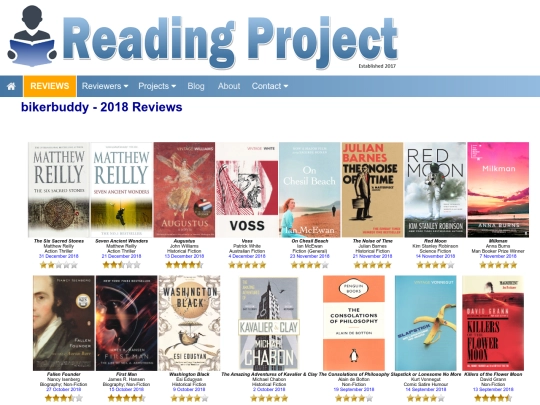
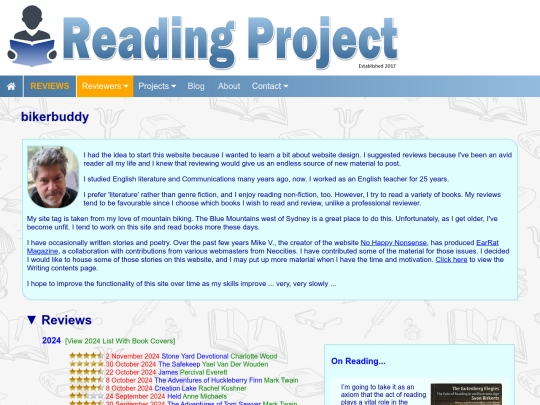
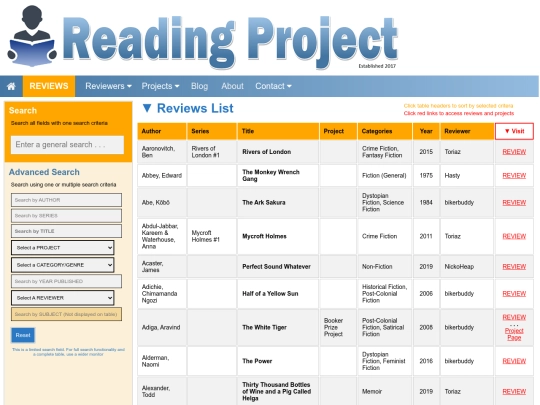
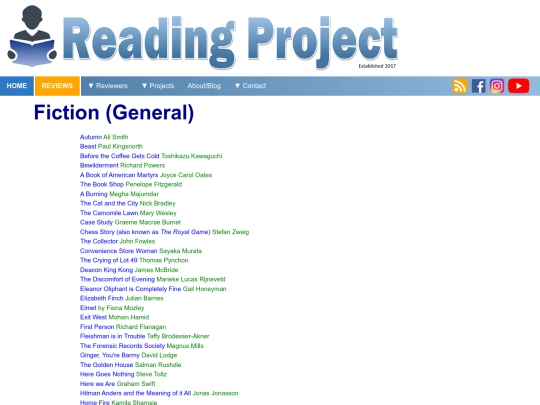
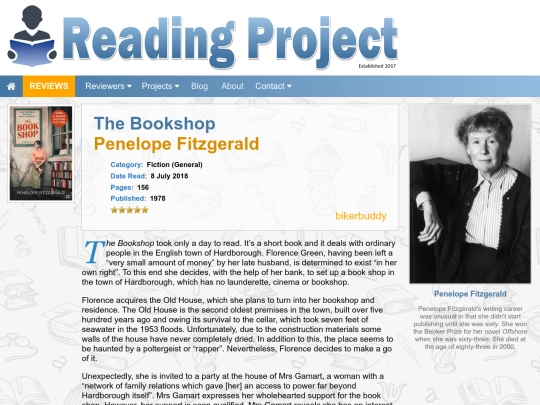
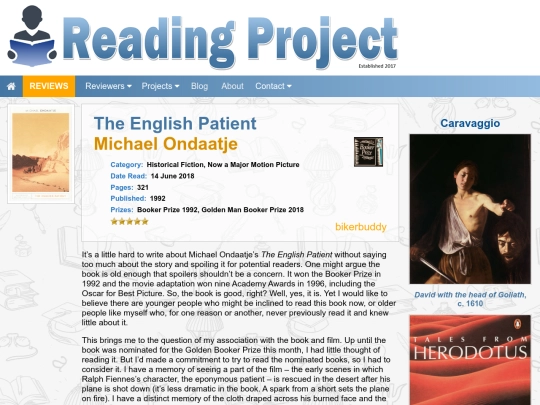

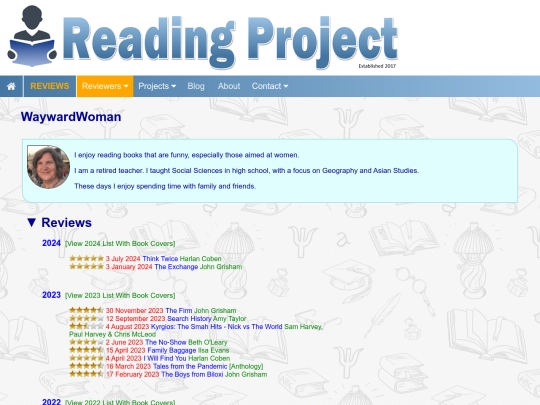
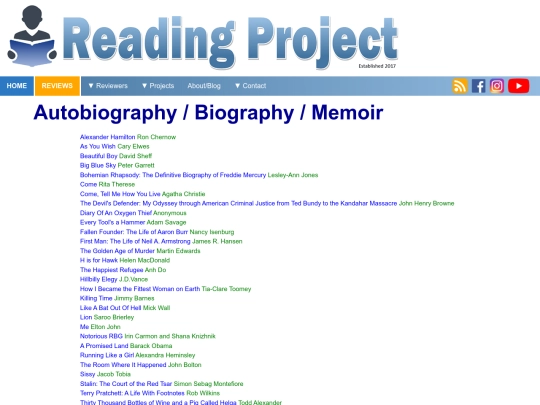
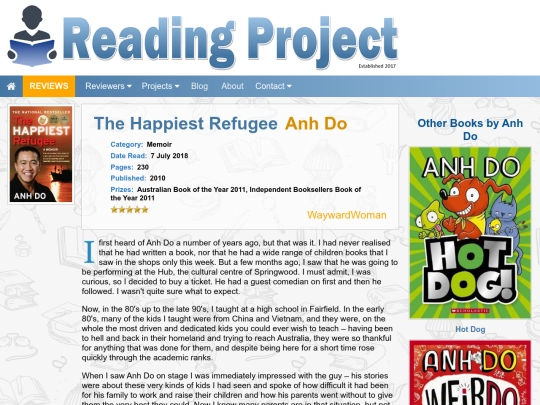
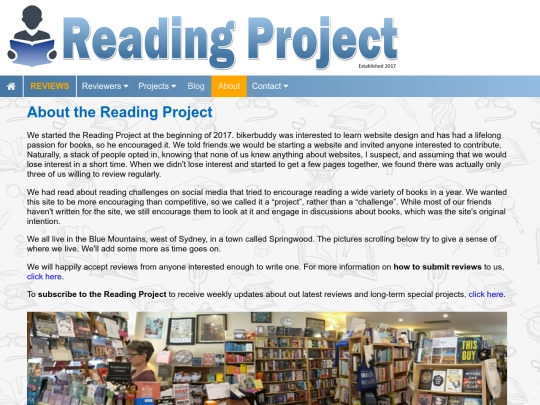
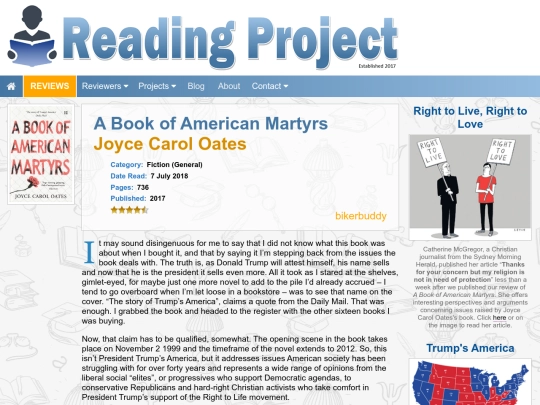
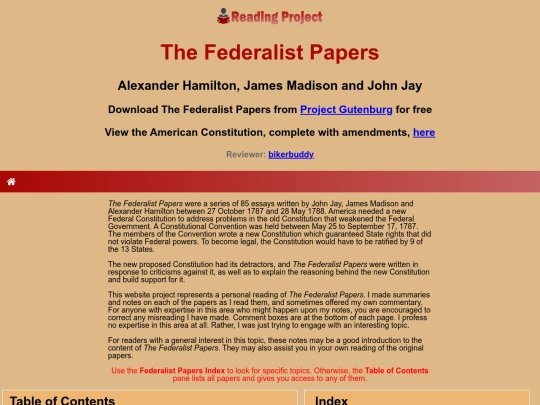
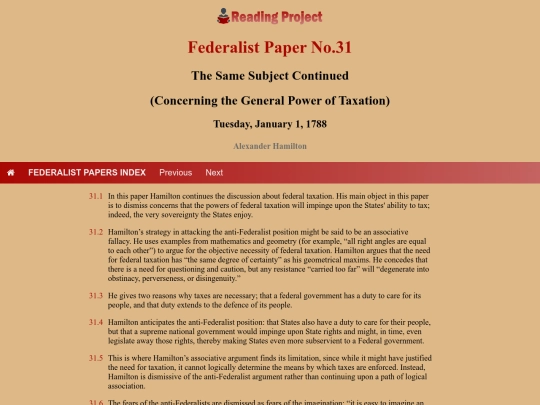



























































































































































































Okay, thanks very much for noticing me that. I'll update it but probably not today:) I've arrived home about 5 hours ago from my holiday and i need to take a rest :D